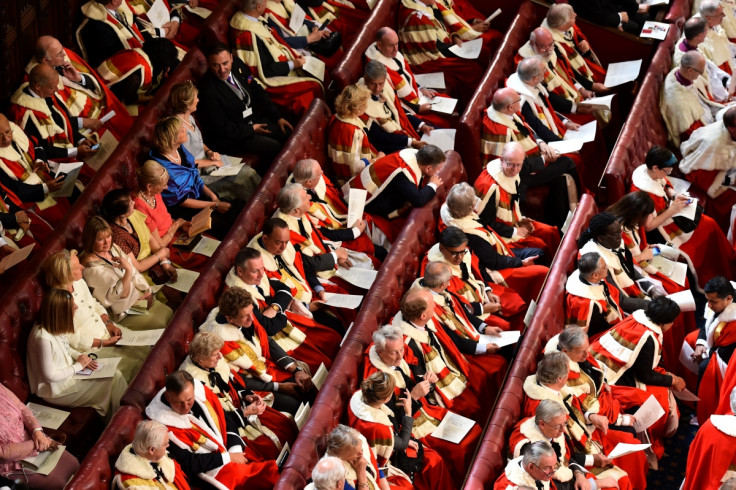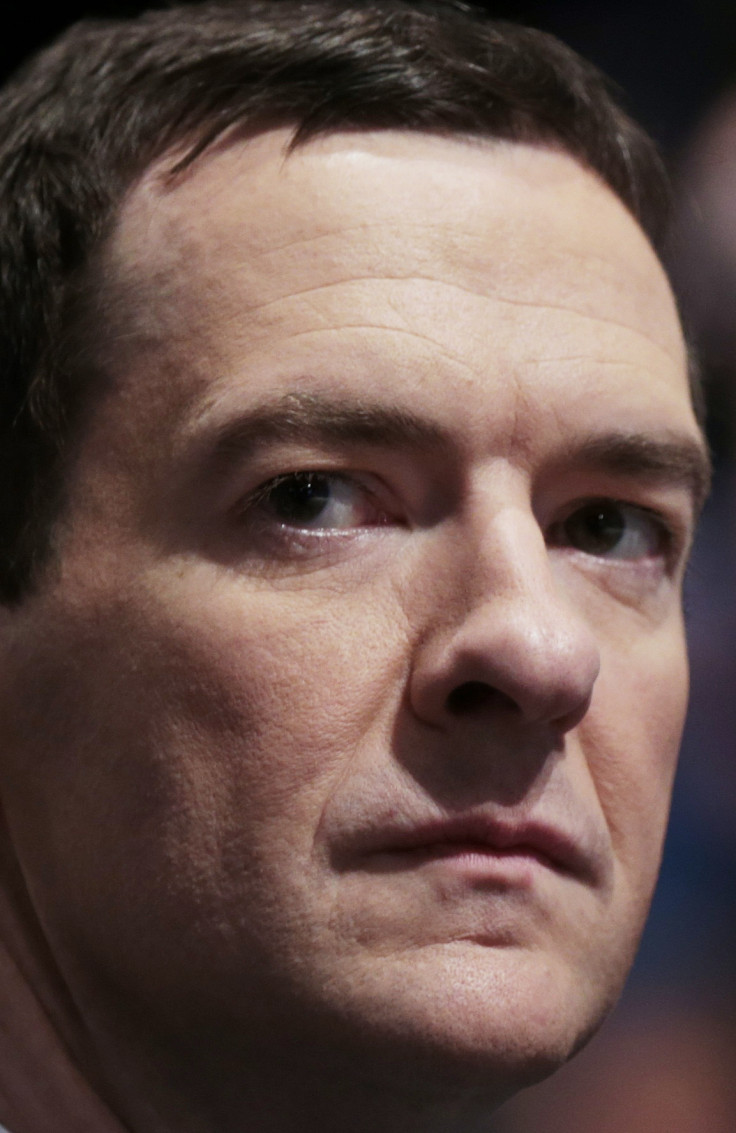Government orders Lords review following tax credits defeat

A review into the workings of Parliament has been ordered by the government following the embarrassing defeat inflicted by the Lords over planned tax credits cuts. The "rapid review" sanctioned by David Cameron will seek to assess the relationship between the two Houses of Parliament and will be chaired by former Commons leader, Lord Strathclyde.
A Downing Street spokesman said: "The government is setting up a review to examine how to protect the ability of elected governments to secure their business in parliament." He added: "The review would consider in particular how to secure the decisive role of the elected House of Commons in relation to (i) its primacy on financial matters and (ii) secondary legislation. The review will be led by Lord Strathclyde, supported by a small panel of experts."
The UK does not have a codified constitution, and traditionally peers scrutinise government policy and provide checks and balances. Under a principle dating back to 1911, the House of Lords is not supposed to block financial legislation that has the support of democratically elected MPs. Crucially, however, the government attempted to enact the changes via a statutory instrument and not through financial legislation, which the Lords is not traditionally supposed to block.
On 27 October, Chancellor George Osborne said that Lords should "respect the constitutional conventions that says the elected part of our Parliament votes on financial matters and the unelected part doesn't. The House of Lords has an important job as a chamber that says 'have you thought about this' or raises concerns and there were opportunities for the House of Lords to do that yesterday. They didn't take those opportunities. What they did was they blocked a financial matter. They haven't done that for 100 years and it does raise constitutional issues."

In spite of the move by the peers, Osborne said: "We will continue to reform tax credits and save the money needed so that Britain lives within its means, while at the same time lessening the impact on families during the transition. I will set out the plans in the Autumn Statement.
"We remain as determined as ever to build the low-tax, low-welfare, high-wage economy that Britain needs and the British people want," Osborne told the Commons during Treasury questions.
In order to save £4.4bn, the Conservative cuts would have affected three million people. In a passionate speech, Lady Hollis urged: "We really, my Lords, don't need to do this."
In an historic intervention led by former Labour minister, Lady Hollis, the House of Lords voted by a majority of 30 to delay the controversial cuts to tax credits until the government proposes a scheme to compensate those affected for three years. The move by the upper house was met with fury by Cameron, who said the decision to defy the Commons raises "constitutional issues", but was greeted with delight by the public, who took to Twitter to hail Lady Hollis as a heroine.
House of Commons Speaker John Bercow told MPs that "nothing procedurally improper" had occurred in the upper house. "Whether people like what happened last night, the substance of the issue, or in terms of their views on constitutionality is a matter for each and every one of them," he said.
"In terms of where matters rest, as I said last night...this is now a matter for the government to take forward as it thinks fit," he added. "I do jealously guard the rights of this House. But I have to rest with what I've said, that nothing procedurally improper has taken place."
© Copyright IBTimes 2025. All rights reserved.






















